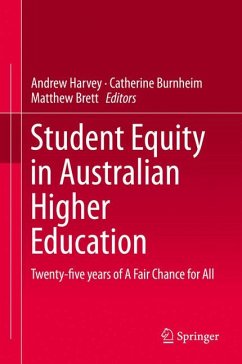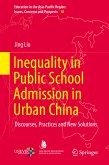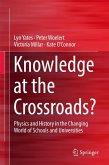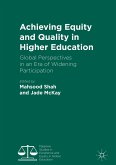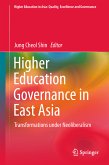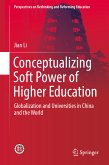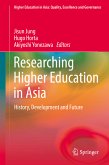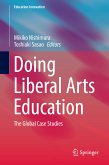This book examines twenty-five years of the Australian framework for student equity in higher education, A Fair Chance for All. Divided into two sections, the book reflects on the legacy of equity policy in higher education, the effectiveness of current approaches, and the likely challenges facing future policymakers. The first section explores the creation of the framework, including the major elements of the policy, the political context of its development, and how it compares with international models developed during the same period. The performance of the six student equity groups identified within the framework is also examined. The second section of the book considers future trends and challenges. The Australian university sector has undergone seismic change in the past twenty-five years and faces further changes of equal magnitude. The twenty-fifth anniversary of A Fair Chance for All comes as Australian higher education is poised for another wave of transformation, with risingexpansion, competition, and stratification. While the emerging landscape is new, the questions have changed little since A Fair Chance for All was first conceived: How should we define student equity, and what policies are likely to promote it?
Dieser Download kann aus rechtlichen Gründen nur mit Rechnungsadresse in A, B, BG, CY, CZ, D, DK, EW, E, FIN, F, GR, HR, H, IRL, I, LT, L, LR, M, NL, PL, P, R, S, SLO, SK ausgeliefert werden.

